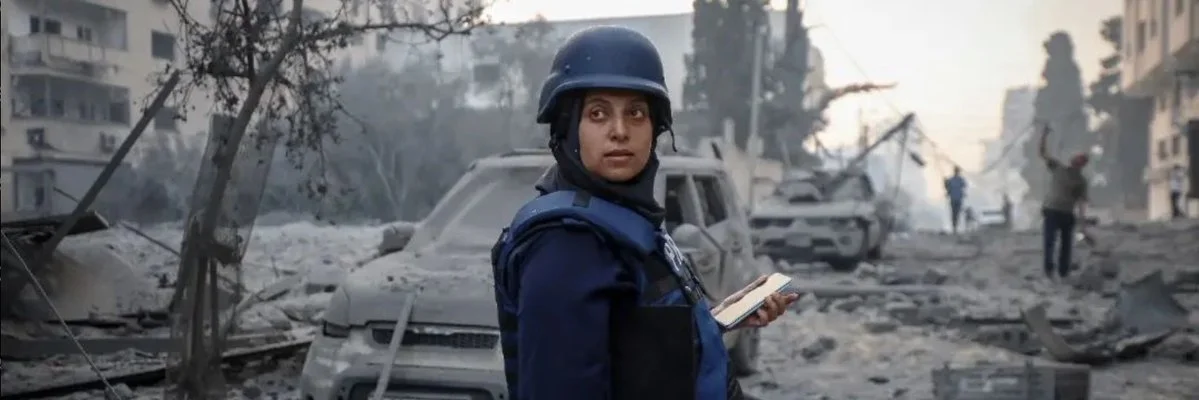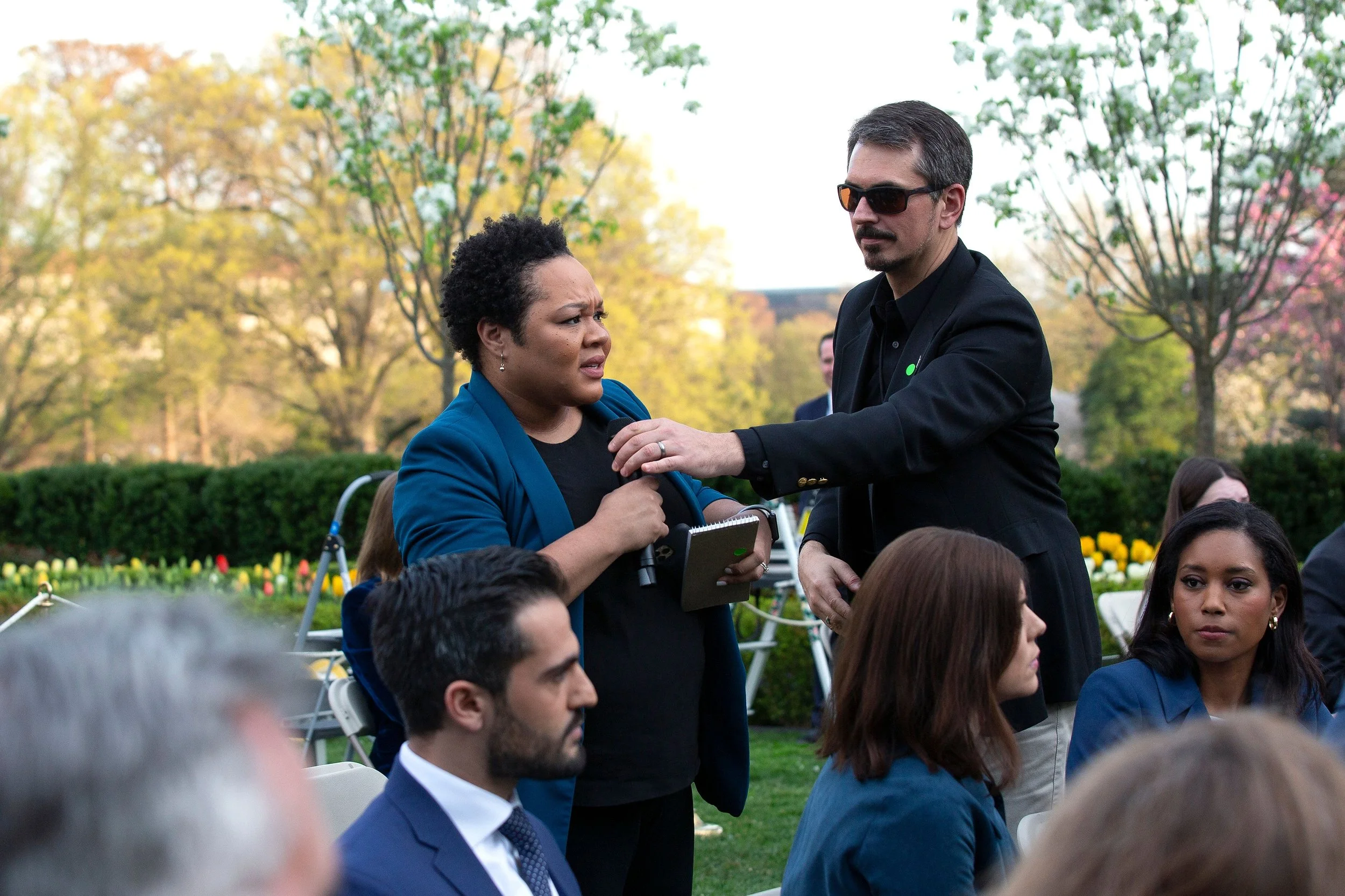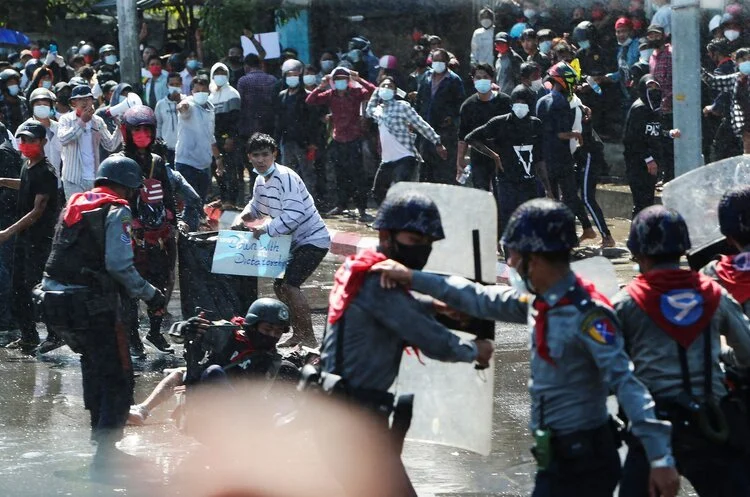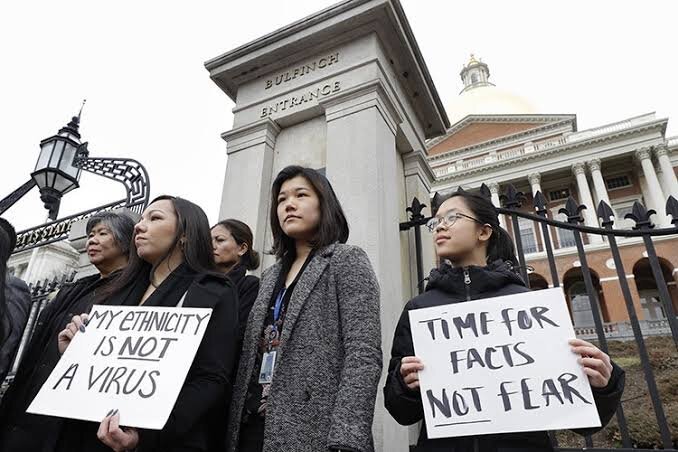Search in In Focus
Weaponizing the Courts: Erdoğan’s Escalating Legal Repression of Women Journalists
The Turkish government continues to weaponize the judicial system to harass and target women journalists critical of its rule. Legal harassment has become a favored tool under the Erdoğan administration, with Women Press Freedom’s documentation showing that it accounts for 29% of all violations against women journalists since 2019.
Iran, Biggest Jailer of Women Journalists
Since the protests started over Mahsa Amini’s death, at least 20 women journalists have been arrested and targeted beyond arrests.
Abductions, Assaults, and Censorship: The State of Press Freedom for Women Journalists in Africa
The most alarming aspect of our monitoring of attacks against women journalists in Africa is the disproportionately high number of extreme violations, including physical assaults, detentions, abductions, and killings.
Protest Reporting Under Siege: Police Brutality Drives 300+ Physical Attacks on Women Journalists
Over the past five years, from 2019 to 2024, the global landscape for women journalists covering protests has become increasingly dangerous. Data from Women Press Freedom reveals over 300 incidents of physical assaults on women reporters during demonstrations, with law enforcement responsible for most of these attacks.
Transnational Repression: 2019 – 2024
Women Press Freedom identifies transnational repression as a significant threat to journalists who have fled authoritarian regimes, highlighting the increased use of tactics like surveillance, harassment, and violence to silence dissent beyond national borders.
SLAPPs Targeting Women Journalists Covering Gender Issues: 2020 – 2024
WPF identifies 12 SLAPPs targeting women journalists reporting on gender issues, some journalists facing multiple SLAPPs.
Invasion Of Ukraine 2022
Following weeks of escalating tensions, Russia launched a full-scale military invasion of Ukrainian territory on February 24, 2022.
US Protests 2020
Demonstrations sparked across the US after a black man, George Floyd, was murdered by a white police officer in Minneapolis, Minnesota. These protests began to demand justice for George and many other black people killed due to racial discrimination, to defund the police, and to ensure racial justice. With police forces deployed at protest sites across the country, journalists on the ground remain vulnerable to violence, arrest and censorship. Hundreds of journalists have been reported to have faced attempts at censorship, verbal and physical atttacks, blatant threats and police violence while reporting the demonstrations - not just in the US but globally. Many have been arrested while on duty, while black journalists - said to be more prone to these threats - have also been targeted. CFWIJ has been monitoring and documenting the threats and violence against women journalists from the get-go.
US Election 2020
The US presidential election always gathers massive public attention. As many of us live in a strong American-centrist culture, it has been widely known (and to some extent - accepted) that its outcome can influence political landscapes all around the world and dictate future directions for global development
Pakistan - Attacks Won't Silence Us
This is an information and campaign page focusing on challenges women journalists face in Pakistan. In this dedicated page you can find statements about threats against women journalists, our timelines highlighting important violations and impediments of work women journalists face and visual material with experiences of Pakistani women journalists.
Maria Ressa - Hold the Line
This is an information and campaign page focusing on Maria Ressa, and The Rappler who are under attack in the Philippines. On the right a brief clip with some words by Maria Ressa speaking about the state of censorship in the Philippines. Maria was speaking to our founder Kiran Nazish on the phone in 2019 after being arrested and released on bail.
Beirut Blast: Solidarity with Lebanon
On August 4, multiple explosions wrecked havoc near the port of Lebanon’s capital city Beirut. The damage, caused by approximately 2,750 metric tons of the explosive ammonium nitrate, estimates up to $5 billion. According to officials, more than 100 people were killed due to the blasts and around 4,000 were injured. At least 300,000 people have been left homeless after this catastrophic incident.
Hungary: At The End of an Era
Hungary’s only left authentic news organization has been shaken by an ordeal that stinks of censorship. More than 70 journalists, 20 of them women, walked out of the Index headquarters on Friday, July 24 en mass resignation to protest the arbitrary dismissal of editor-in-chief Szabolcs Dull. The decision was taken by the president of the board of Index.hu, László Bodolai. We hear from our sources, there has been political intervention.
Belarus Protests
In the last month since the disputed presidential elections, Belarus has presented anything but ideal working conditions for journalists. Following the allegedly falsified election results which put “Europe’s last dictator” Alexander Lukashenko to power once again, Belarus has begun to tighten its grip on journalists.
Myanmar Coup
Abductions, Detentions And Regular Internet Shutdowns - Threats To Journalists Amid Military Coup In Myanmar
Asian Journos on Frontlines
Violence towards Asian American communities on the rise; A legacy of the Trump era continues. Hate crimes against Asian-Americans have significantly increased since the Covid-19 pandemic. Numerous incidents of discrimination, violence, and verbal and physical assaults have been reported since the former U.S. president, Donald Trump, coined terms such as “Kung flu” and “China virus” to reference the coronavirus.
Turkey: We are not Safe
CFWIJ has noted with concern the dangerous digital-physical terrain that women journalists in Turkey have had to navigate in order to continue doing their jobs. In 2021, as of October 5, we recorded 204 cases of violations against women journalists. The state has routinely weaponized its institutions to target them. From January 2021 to October 5, at least 75 women have faced legal persecution while 38 have been assaulted in the field by either the police force or supporters of the state. Women journalists have also been targeted through organized troll campaigns online as well as through state media for criticizing government policies. Despite these intimidation tactics to silence them, however, women journalists continue to fulfill their civic role of holding power accountable.
























